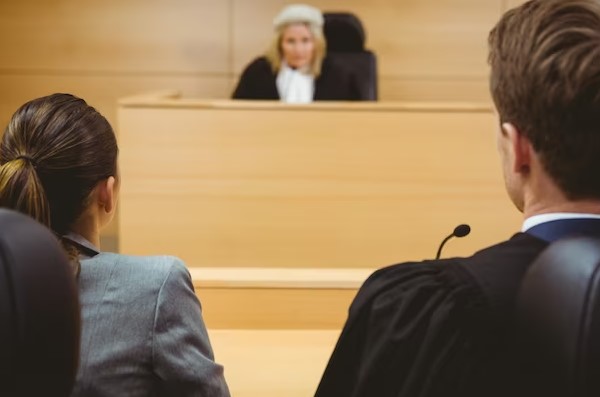There’s always a reason to want to know how to evict commercial tenants, whether they’re not paying up or they aren’t upholding the terms of their lease. You might be wondering if there’s a correct protocol for how to get rid of commercial tenants.
The truth is that evicting tenants comes with its own set of rules. To make sure you’re doing it right, you’ll want to know what to expect in advance.
That’s what this post is all about. Below, we’ll be detailing everything you might want to know if you’re the property owner and want to get your tenants out.
Check for Lease Violations
The first step is for the landlord to review the lease agreement and examine the specifics of the lease violation. After clearly defining the breach, the landlord should outline the corrective action needed to resolve the violation and provide the tenant with an opportunity to respond, allowing the tenant to remedy the breach. If the breach has not been rectified by the tenant, the landlord can take the next step required to seek eviction.
Prepare a Notice
Review your agreement with the tenant or lease agreement to determine the necessary criteria for initiating the eviction. Collect supporting documents such as the payment records, breach of contract notices, etc. to prove the tenant is in violation of the lease agreement.
Draft the notice and make sure it includes all relevant information including the grounds for the eviction and a time frame for the tenant to vacate the property. Finally, have the notice approved by a lawyer for unpaid rentals and serve it to the tenant in the correct manner so that your action is considered valid, and any eviction proceedings are enforceable.
File for Eviction
First, you must provide written notice to the tenant that states the reason for the eviction and the date by which they must vacate. This date should be at least three days from when the tenant receives the notice, or at least thirty days if the lease requires a longer notification period.
After the notice period ends, you must file a complaint with the local court to begin the eviction process. Provide the court with the tenant’s name and a copy of the lease along with the complaint. The court will then set a hearing date, the tenant will be served a summons, and the commercial eviction process will move forward.
Attend Court Hearing
First, you must prepare the relevant evidence and documents to present to the court. This includes a written notice to terminate the tenancy agreement, copies of rent payments, and other relevant papers.
Second, you must appear in court on the scheduled hearing date. Make sure to arrive early to ensure that the judge and other parties involved are present.

Third, during the hearing, be prepared to provide your case and evidence to the judge. Finally, after both sides have had their say, and the judge has rendered a decision, you should abide by the settled terms.
Learn How to Evict Tenants Effectively
Learning how to evict tenants can be a complex process, but these steps provide a brief guide on how to do so correctly. When following these steps, please seek legal advice if neseded.
Remember, the sooner you handle an eviction, the better the outcome may be for everyone involved. Now is the time to take action, and start the eviction process before it’s too late.




